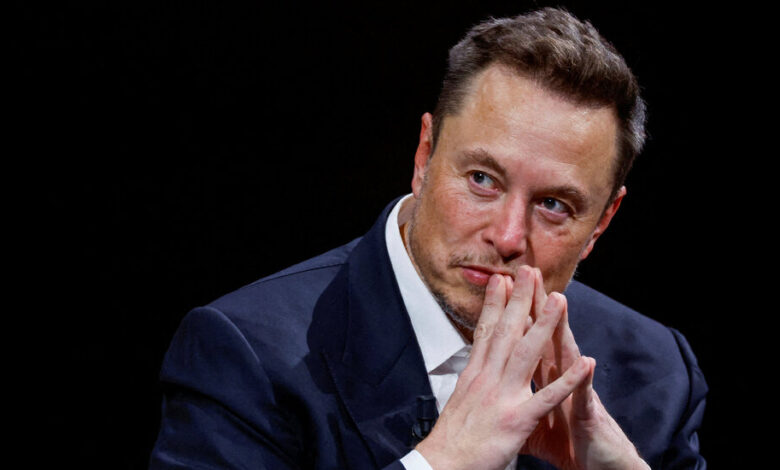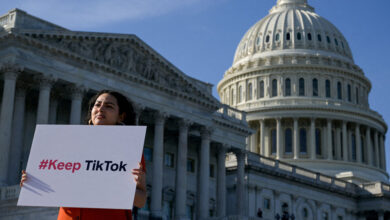Tesla Calls for New Vote on Elon Musk’s Pay Package

It was the most radical, “skin-in-the game” compensation plan ever devised. This is how Andrew described the compensation arrangement at the time:
If Mr. Musk were somehow to increase the value of Tesla to $650 billion — a figure many experts would contend is laughably impossible and would make Tesla one of the five largest companies in the United States, based on current valuations — his stock award could be worth as much as $55 billion.
About 73 percent of non-Musk shareholders approved the plan in a 2018 vote.
Musk managed to surpass those high hurdles. But in January, a Delaware judge struck down the plan, agreeing with shareholders who had sued to block the payouts because, they said, it was created with the help of overly compliant Tesla directors.
What Tesla is doing now: The company will ask its shareholders to vote yes or no on the pay package again. Here’s the rationale, as laid out in a special board committee’s report included with its proxy filing:
We suggest simply subjecting the original 2018 package to a new shareholder vote, accompanied by expansive disclosure as to the process undertaken and the potential conflicts of interest that were considered at the time.
In other words, if the Delaware judge’s objection to the plan was that shareholders weren’t aware of all of the circumstances behind its creation in 2018, they would be if they voted this time. While Tesla is still appealing that decision, a new shareholder vote on the plan would clear up the matter.
The committee added that four of Tesla’s 10 biggest institutional shareholders, including the money management giant T. Rowe Price, asked the carmaker’s board for a new vote and indicated that they would vote in favor of it again.
Tesla is also making good on Musk’s threat to relocate the company out of Delaware, letting shareholders vote to move its incorporation to Texas. Tesla argues that the plan makes business sense, given the size of its operations in the Lone Star State and that shareholders would have more of a say there.
The Tesla board says the vote is about fairness. Here’s what Robyn Denholm, the carmaker’s chair, wrote in a letter to shareholders on Wednesday:
Because the Delaware Court second-guessed your decision, Elon has not been paid for any of his work for Tesla for the past six years that has helped to generate significant growth and shareholder value. That strikes us — and the many stockholders from whom we already have heard — as fundamentally unfair, and inconsistent with the will of stockholders who voted for it.
Tesla noted that since 2018, Musk hasn’t drawn any compensation, including salary or cash bonuses, despite achieving the board-set hurdles. (That said, he has sold $23 billion worth of stock in 2022 and pledged hundreds of millions of existing shares against personal loans.) Also, perhaps less well understood is that Musk has to keep the shares for five years after he receives them, again aligning his interests with shareholders.



